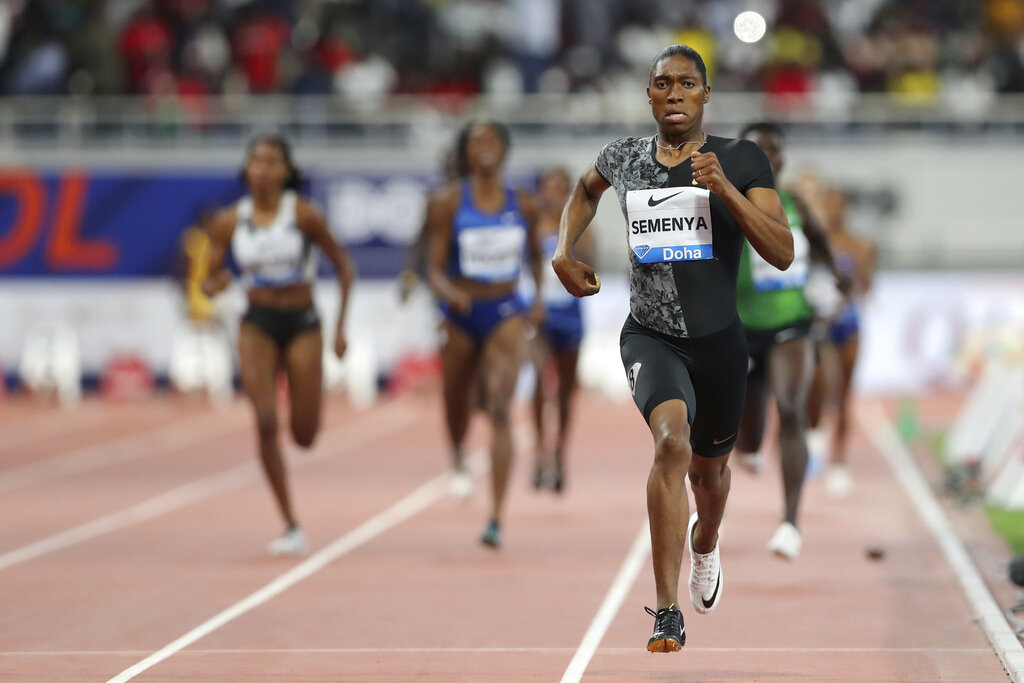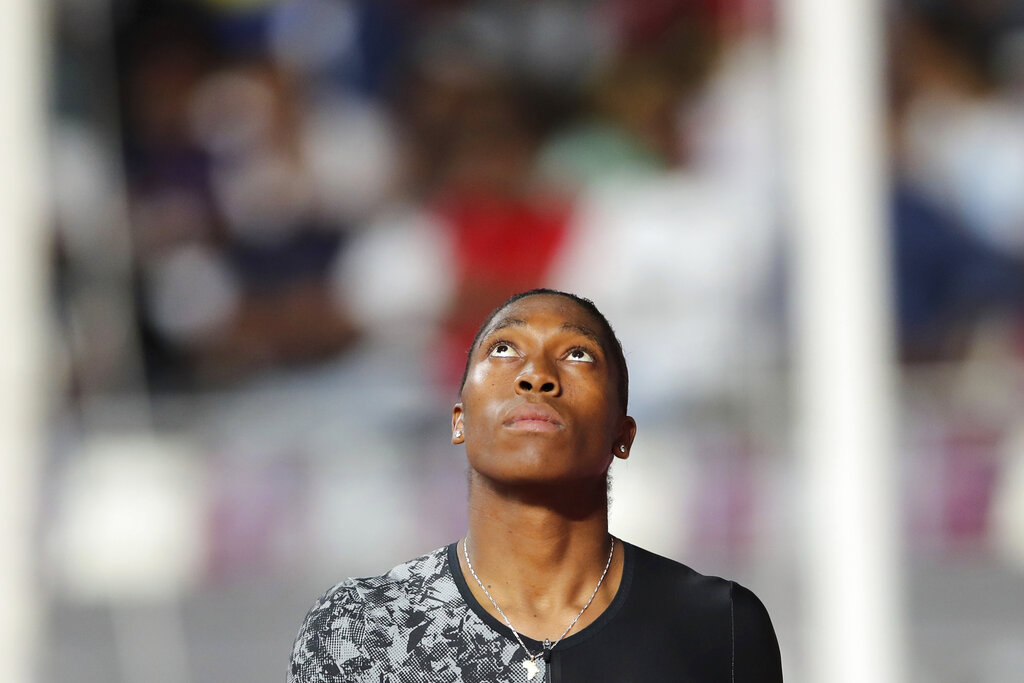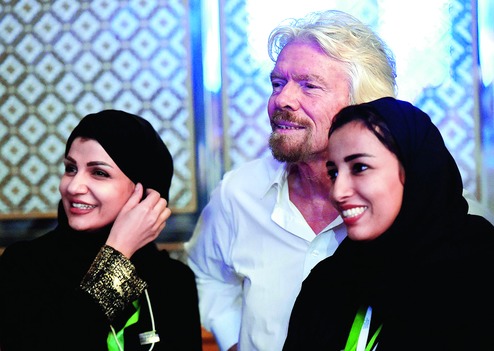What is most disturbing about the May 1 decision of the Court of Arbitration for Sport (CAS) to reject South African Olympic champion Caster Semenya’s appeal against the International Association of Athletics Federations (IAAF)’s policy on natural testosterone is that it gives new encouragement to the discrimination, invasive scrutiny and biological harm of female athletes, especially women from the Global South.
The IAAF excludes female athletes with natural testosterone levels higher than 5 nmols/lt from competing in the five athletics events from 400 metres to one mile. These are Semenya’s events so it’s hard not to conclude that this policy was specifically drafted to punish Semenya. IAAF president Seb Coe essentially confirmed that last week in Doha when he said that the policy would still be applied in the 1500/one mile, even when the research that the IAAF claims justifies the policy does not show a strong association between natural testosterone and performances in the 1500/one mile and CAS urged the IAAF not to apply the policy to those events.
All Semenya sought at CAS was ‘the right to compete the way I was born.’
High natural testosterone occurs as a result of a genetic mutation, not unlike the hundreds of other genetic mutations that confer advantage in sports, such as exceptional height, reach and the ability to draw oxygen into the blood stream. Virtually every top athlete has at least one of these inherent advantages. As a former Olympian, I grew up believing that international sport stood for the inclusive of all peoples and the celebration of diversity. These principles are violated when some athletes are excluded simply because of their natural characteristics.
Sadly, CAS agreed that the IAAF policy is discriminatory then went ahead and by a 2-1 vote, allowed the IAAF to implement it.
Bruce Kidd is a professor of kinesiology and physical education at the University of Toronto, and a former chair of the Commonwealth Advisory Body on Sports. He competed in the 1964 Olympics in athletics.

South Africa's Caster Semenya competes to win the gold in the women's 800-metre final during the Diamond League in Doha, Qatar, on Friday, May 3, 2019. (AP photo)
The Semenya policy will be triggered by an athlete’s looks. It will put a chill in every athletic woman in the world, especially those in the Global South who may not resemble the slender body types of western women. We know that in the case of the IAAF’s previous policy about natural female testosterone, which CAS overturned in 2015 on appeal by Indian sprinter Dutee Chand, all of the athletes tested were from the Global South.
Dr. Payoshni Mitra, who has advised Chand, Semenya and the Indian Government, has documented the fear, discrimination and suffering experienced by women who were targeted by the previous policy, and the way their rights were trampled in the testing process.
What the IAAF policy contemplates is that women who are shown to possess higher amounts of natural testosterone will take oral contraceptives to reduce their levels. But there are huge practical and ethical problems with this approach. In the first place, they will require constant monitoring, and because natural testosterone levels are constantly in flux, constantly changing doses. Secondly, they interfere with the natural reproductive cycles of the women so required, risking their long-term health. For this reason, the World Medical Association has called for a ban on the use of non-prescriptive oral contraceptives.
While the IAAF narrows the basis of participation, other sports organizations are seeking to broaden it, recognizing that even within the binary structure of sports competition, it’s much fairer and equitable to welcome all those who identify as women as participants in women’s sports. In Canada, the Canadian Centre for Ethics in Sports takes this approach. One of very first to do so was the Women’s Flat Track Derby Association, the international governing body, which after careful examination and consultation moved to a completely open policy. Roller derby is a women-led sport, while the IAAF is male-dominated. Sadly, very few women and no athlete organizations were consulted in the IAAF decision.
Given the many problems with the CAS decision, it will no doubt be challenged in the weeks ahead. I hope that it won’t be too long before all women can compete as they were born and sex testing in sport is eliminated for ever.











